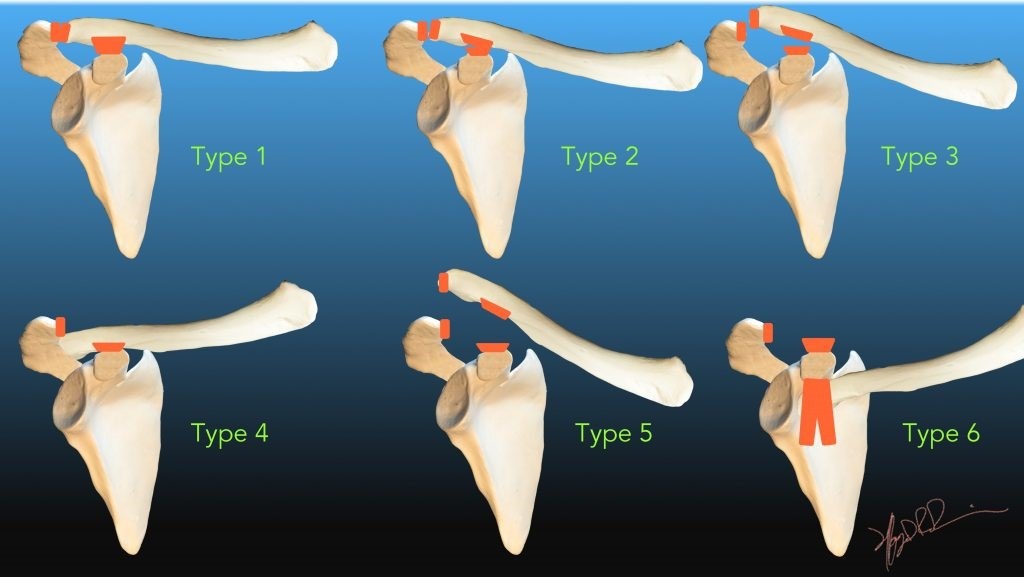Tooth Extractions: Same Day Relief Guaranteed
The prospect of undergoing a tooth extraction can be a daunting one, filled with anxiety and concerns about pain, recovery, and the overall process. For many, the thought of living with a problematic tooth, whether due to decay, damage, or overcrowding, can significantly impact daily life, affecting not just oral health but also overall well-being. The good news is that advancements in dental care have made tooth extractions more straightforward and less intimidating than ever before. Gone are the days of lengthy procedures and extended recovery periods, as contemporary dentistry offers same-day relief for those in need of tooth extraction.
Understanding Tooth Extractions
A tooth extraction is a dental procedure where a tooth is removed from the mouth. This can be due to various reasons, including but not limited to severe tooth decay, infection, gum disease, or if a tooth is impacted or crowding the surrounding teeth. There are primarily two types of extractions: simple and surgical. Simple extractions are performed on teeth that are visible in the mouth and are usually done under local anesthesia, which numbs the area around the tooth to prevent pain during the procedure. Surgical extractions, however, involve teeth that have not erupted or are broken off at the gum line, requiring an incision in the gum and possibly the removal of bone tissue to access the tooth.
The Same-Day Extraction Process
The process of a same-day tooth extraction begins with an initial consultation. During this visit, your dentist will evaluate the tooth in question using X-rays and a thorough examination to determine the best course of action. If it’s decided that an extraction is necessary, the dentist will discuss the procedure in detail, including any potential risks and what to expect during and after the extraction. This is also an opportunity for patients to ask questions and address any concerns they might have.
On the day of the extraction, patients are typically given local anesthesia to ensure they do not feel any pain during the procedure. For simple extractions, the dentist will then use an elevator to gently rock the tooth back and forth, widening the socket for easy removal. For surgical extractions, an incision in the gum may be necessary to access the tooth, and in some cases, the tooth may need to be sectioned (cut into smaller pieces) to facilitate its removal.
Recovery and Aftercare
One of the biggest concerns for patients is the recovery process. While it’s natural to worry about discomfort and healing time, most people find that the recovery from a tooth extraction is smoother than anticipated, especially when following the dentist’s instructions. Here are a few key points to consider for aftercare:
- Bleeding Control: Some bleeding is normal after an extraction. Biting gently on gauze placed over the extraction site can help control it.
- Pain Management: Over-the-counter pain relievers are usually sufficient to manage any discomfort. However, in some cases, a prescription pain medication might be recommended.
- Diet: Stick to soft foods for the first few days. Avoid hot, spicy, or sharp foods that could irritate the extraction site.
- Hygiene: Continue to brush and floss your teeth as usual, but avoid the extraction site until it has healed.
- Rest: Get plenty of rest and avoid strenuous activities for the first 24 hours.
Advancements in Tooth Extraction Technology
Technology has significantly impacted the field of dentistry, making procedures like tooth extractions more efficient and less invasive. For instance, the use of 3D imaging allows for a more detailed understanding of the tooth’s position and its relationship with surrounding bone and tissue, facilitating more precise extractions. Additionally, techniques like sedation dentistry can help anxious patients relax during the procedure, making the experience more comfortable.
Frequently Asked Questions
How long does a tooth extraction take?
+The duration of a tooth extraction procedure can vary depending on the complexity of the case and whether it's a simple or surgical extraction. Simple extractions typically take a few minutes per tooth, while surgical extractions can take longer.
Will I feel pain during the extraction?
+No, with the use of local anesthesia, you should not feel pain during the procedure. However, you might feel some pressure or discomfort.
How long does it take to recover from a tooth extraction?
+Recovery time can vary but generally, most people can return to their normal activities within a day or two. Full healing of the extraction site can take several weeks.
Conclusion
Tooth extractions, while they might seem like a daunting procedure, are a common and necessary aspect of maintaining good oral health. With the advancements in dental technology and techniques, same-day relief is not only possible but also readily available. Whether you’re dealing with a problematic tooth or are simply looking to improve your oral well-being, understanding the process and implications of tooth extractions can help alleviate concerns and make informed decisions about your health. Remember, the key to a smooth extraction and recovery process is following the advice and guidance of your dental care professional.


